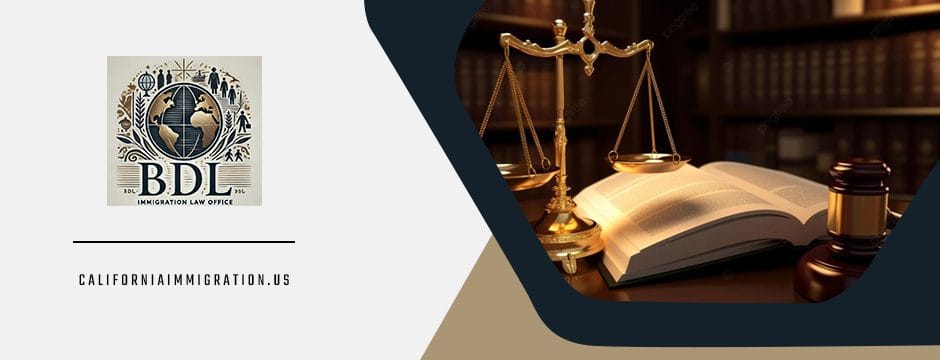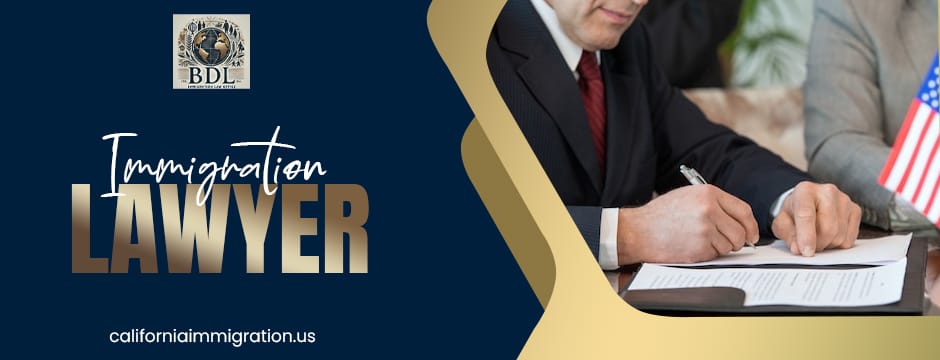The U.S. Coast Guard often performs humane missions in the wild Caribbean Sea, saving lives risk by perilous, unlawful maritime migration. Recently, Coast Guard rescues Haitian migrants when cutters rescued dozens of Haitian migrants from an overcrowded, unseaworthy vessel found in pain .
These dangerous voyages, often involving smuggling, highlight the pain driving people to flee Haiti’s instability. It is during these risky missions that the Coast Guard rescues Haitian migrants, providing essential relief. In many instances, the Coast Guard rescues Haitian migrants to ensure their safety during their risky journeys.

U.S. Coast Guard Intercepts and Rescues Haitian Migrants at Sea — what happened, who’s affected, and next steps
U.S. Coast Guard cutters and small-boat crews continue to intercept overloaded and unsafe migrant vessels in the Caribbean and the Florida Straits. Recent interdictions have resulted in the repatriation of large groups of Haitian nationals and multiple small-boat rescues; these operations are part of ongoing maritime safety and law-enforcement efforts.
Recent incidents
- Coast Guard Cutter Spencer interdicted an overloaded vessel about 40 miles north of Cap-Haïtien and repatriated 191 people to Haiti following the operation.
- Coast Guard Cutter Bear’s crew repatriated 124 people after two separate interdictions off the coast of Haiti.
- Small-boat crews rescued migrants stranded by smugglers on Monito Island (11 people) in a recent incident.
Immediate practical steps
- If you believe a relative or client was aboard an interdicted vessel, collect identifying information (name, DOB), any photos, and the last known embarkation details; then contact the Coast Guard Sector listed in the related press release.
- Preserve documents (passports, messages) and be ready to share them with counsel or consular officials.
- If an interdicted person is held in U.S. custody, seek immediate legal intake — processing timelines and detention locations vary by interdiction.
- Humanitarian groups: prepare for medical triage and trauma-informed intake when repatriations occur.
How we help
We prepare Coast Guard / CBP inquiry letters, conduct urgent legal intakes, coordinate with consular officials to confirm identity/repatriation, and evaluate emergency immigration remedies (parole/asylum) where appropriate.


